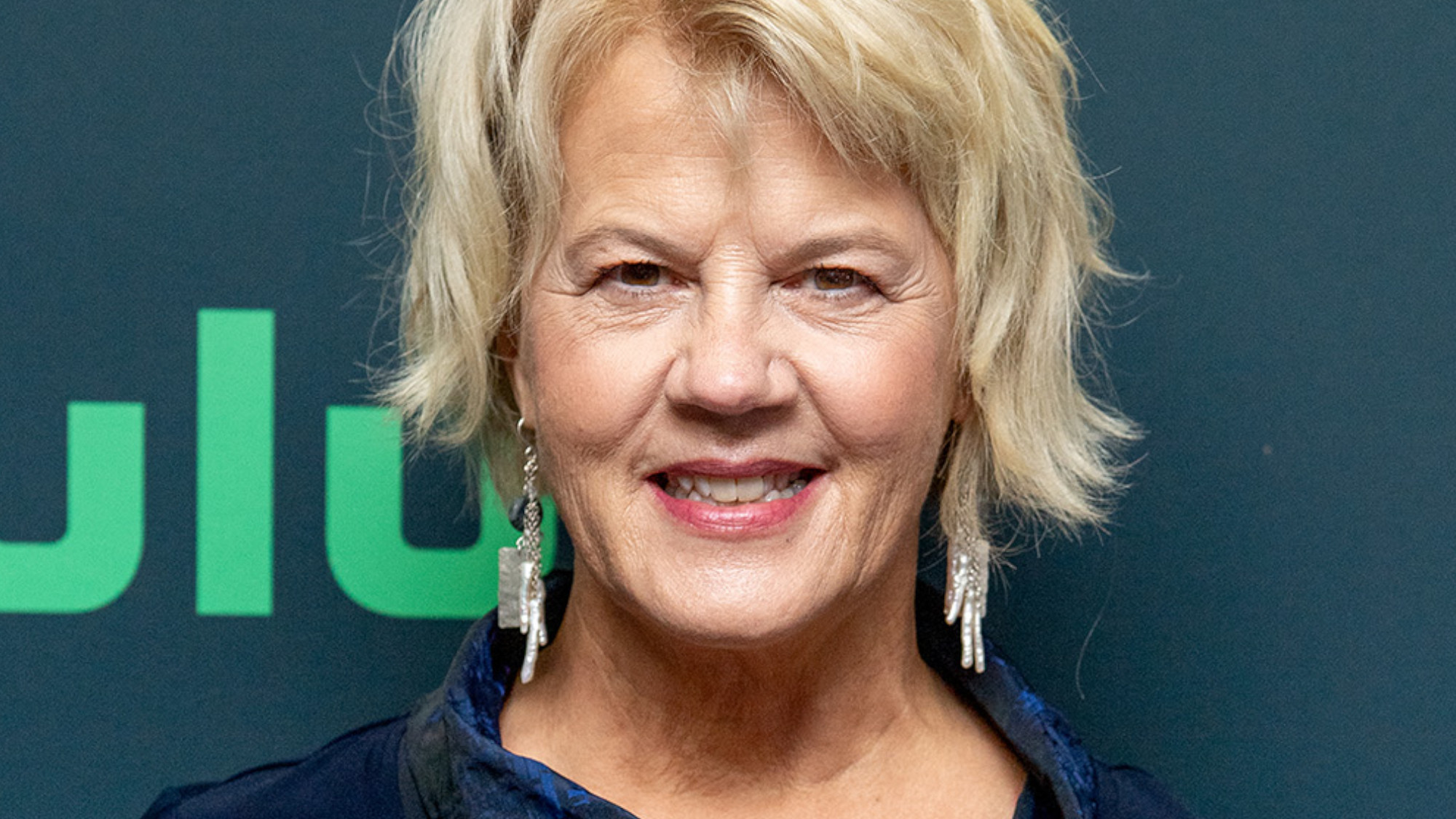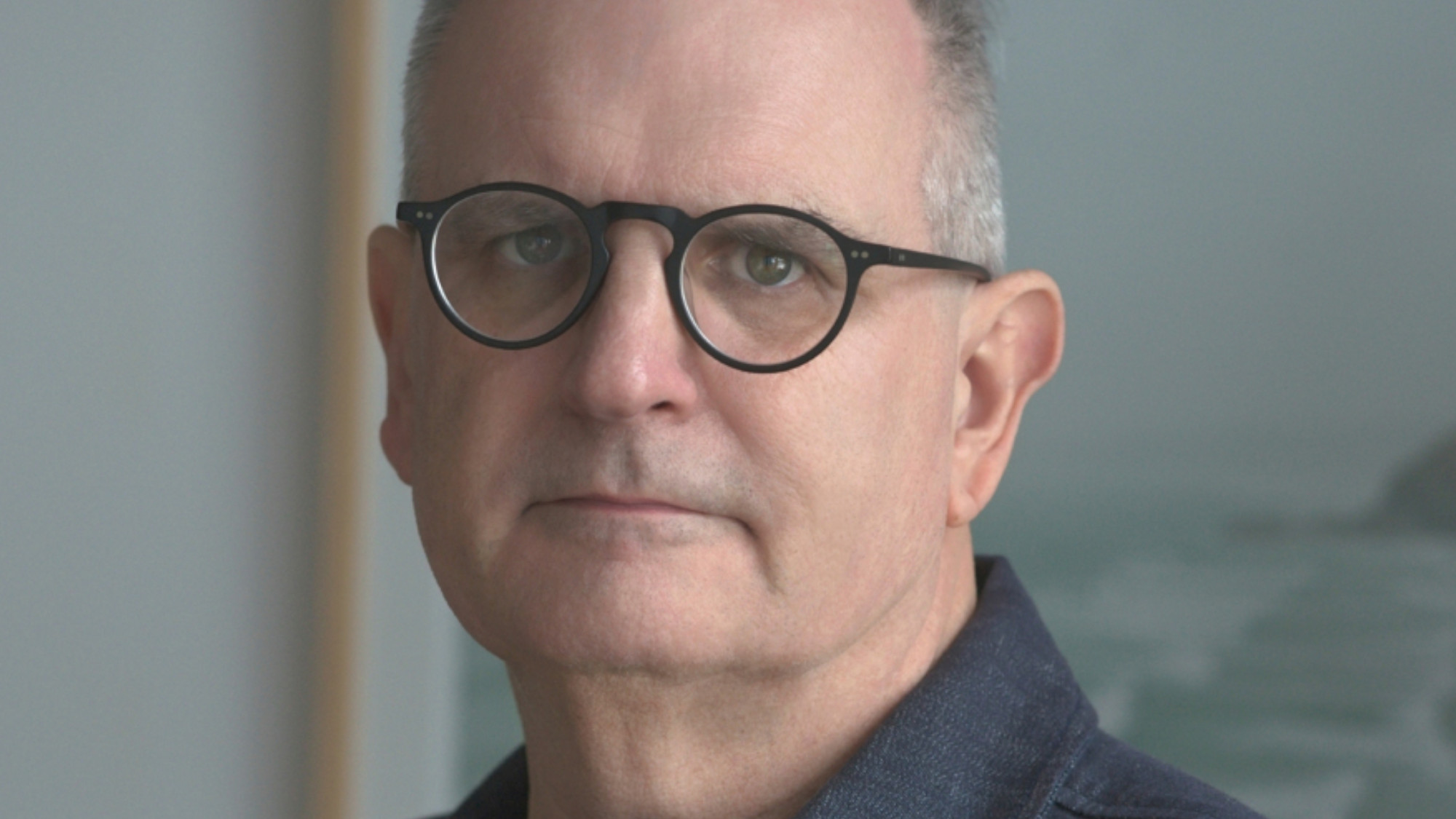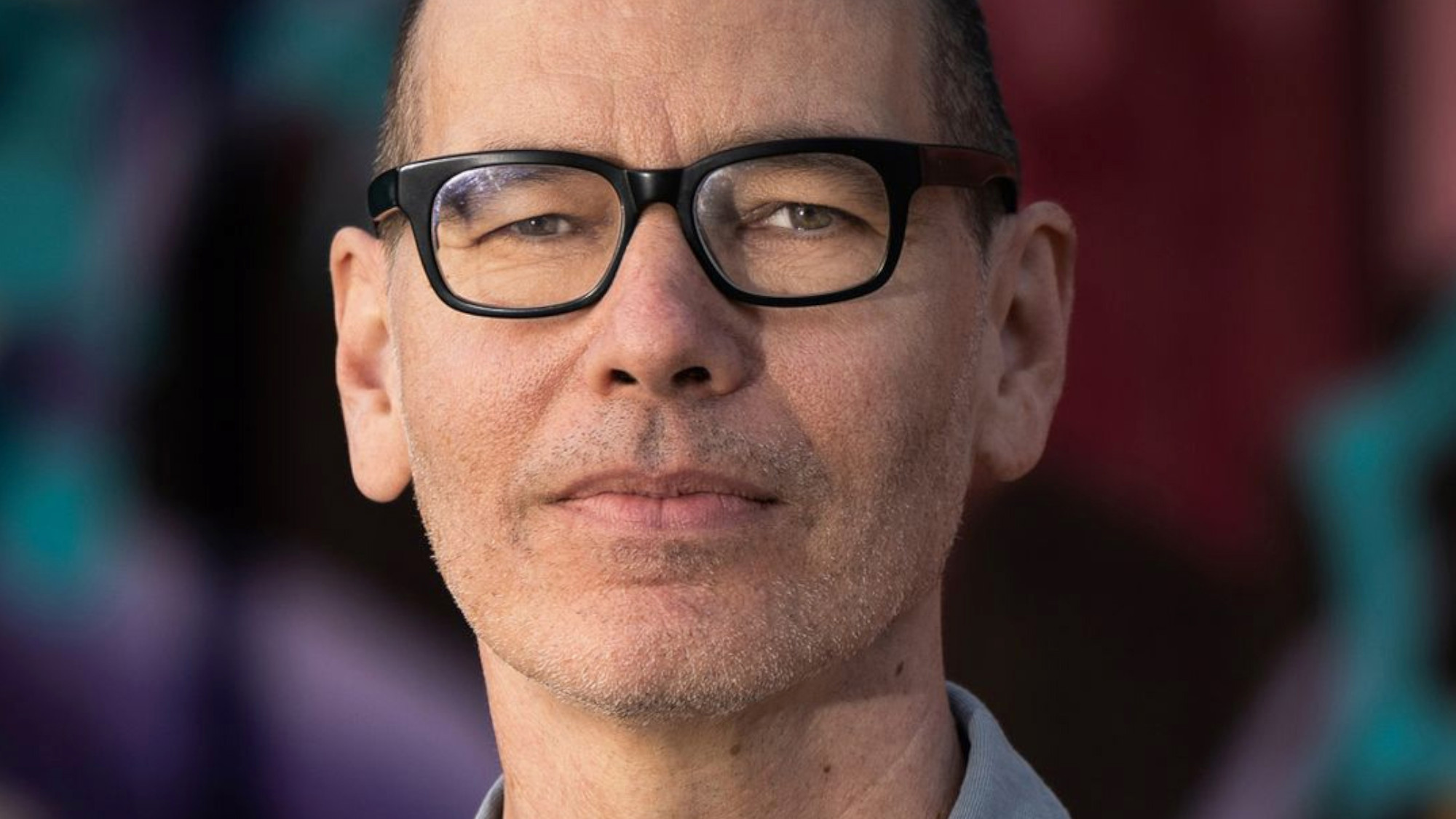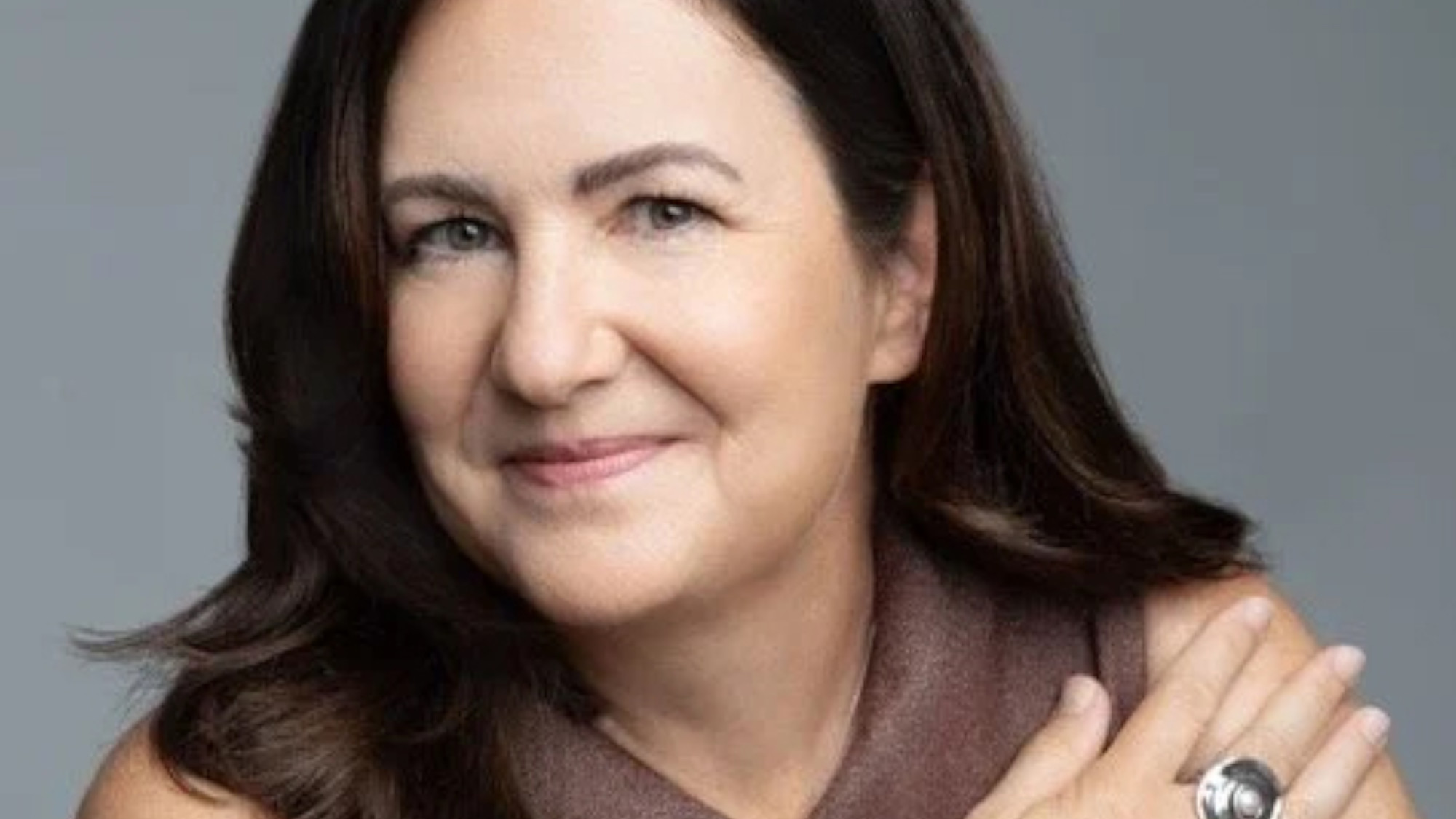David Shenk
A free daily email with the biggest news stories of the day – and the best features from TheWeek.com
You are now subscribed
Your newsletter sign-up was successful
Journalist David Shenk is the author of The Forgetting: Alzheimer’s: Portrait of an Epidemic (Doubleday, $25). Here he chooses his “six favorite brain books.”
The Prehistory of the Mind by Steven Mithen (Thames & Hudson, $18). In this sweeping archaeology of the mind, Mithen investigates how the human brain evolved from a simple hard-wired machine into a mechanism that can understand, and improve on, itself.
Consciousness Explained by Daniel C. Dennett (Little Brown & Co., $17). A rich philosophical companion to Mithen’s book, Dennett’s work elegantly synthesizes everything we know from a century of studies on human cognition. He aggressively challenges stale explanations of human consciousness, and offers his own fresh ideas.
The Week
Escape your echo chamber. Get the facts behind the news, plus analysis from multiple perspectives.

Sign up for The Week's Free Newsletters
From our morning news briefing to a weekly Good News Newsletter, get the best of The Week delivered directly to your inbox.
From our morning news briefing to a weekly Good News Newsletter, get the best of The Week delivered directly to your inbox.
Searching for Memory: The Brain, the Mind, and the Past by Daniel L. Schacter (HarperCollins, $17). An eloquent primer on the complex workings of human memory. Schacter draws from art, literature, psychology, and neurology to paint a vivid picture of how we remember, and why.
The Making of Memory: From Molecules to Mind by Steven Rose (out of print). Another marvelous book on memory, from one of the leading architects of its understanding. Rose uses his own lab experiments to narrate the evolution of his comprehension of human memory, deftly folding in perspectives from many other experiments and studies.
The Man Who Mistook His Wife for a Hat: And Other Clinical Tales by Oliver W. Sacks (Touchstone Books, $14). Sacks is the great living humanist-neurologist. He’s written several books reflecting on his peculiar clinical experiences with patients whose brains are malfunctioning in the strangest ways. Sacks’ gift, as both specialist and storyteller, is to use these oddities as a lens into the normal workings of the human brain.
The Mind of a Mnemonist: A Little Book About a Vast Memory by A.R. Luria (Harvard University Press, $17). This marvelous little book concerns the bizarre yet true case of S., a Russian man whose memory was quite literally boundless. He remembered every tiny detail of every experience he ever had-and, as a result, was able to make sense of very little. Having a perfect memory, it turns out, is intellectually debilitating. In healthy brains, the ability to forget is every bit as important as the ability to remember.
A free daily email with the biggest news stories of the day – and the best features from TheWeek.com
-
 The mystery of flight MH370
The mystery of flight MH370The Explainer In 2014, the passenger plane vanished without trace. Twelve years on, a new operation is under way to find the wreckage of the doomed airliner
-
 5 royally funny cartoons about the former prince Andrew’s arrest
5 royally funny cartoons about the former prince Andrew’s arrestCartoons Artists take on falling from grace, kingly manners, and more
-
 The identical twins derailing a French murder trial
The identical twins derailing a French murder trialUnder The Radar Police are unable to tell which suspect’s DNA is on the weapon
-
 Beth Macy’s 6 favorite books about living in a divided nation
Beth Macy’s 6 favorite books about living in a divided nationFeature The journalist recommends works by Nicholas Buccola, Matthew Desmond, and more
-
 Gilbert King’s 6 favorite books about the search for justice
Gilbert King’s 6 favorite books about the search for justiceFeature The journalist recommends works by Bryan Stevenson, David Grann, and more
-
 Nathan Harris’ 6 favorite books that turn adventures into revelations
Nathan Harris’ 6 favorite books that turn adventures into revelationsFeature The author recommends works by Kazuo Ishiguro, Ian McGuire, and more
-
 Marisa Silver’s 6 favorite books that capture a lifetime
Marisa Silver’s 6 favorite books that capture a lifetimeFeature The author recommends works by John Williams, Ian McEwan, and more
-
 Lou Berney’s 6 favorite books with powerful storytelling
Lou Berney’s 6 favorite books with powerful storytellingFeature The award-winning author recommends works by Dorothy B. Hughes, James McBride, and more
-
 Elizabeth Gilbert’s favorite books about women overcoming difficulties
Elizabeth Gilbert’s favorite books about women overcoming difficultiesFeature The author recommends works by Tove Jansson, Lauren Groff, and more
-
 Fannie Flagg’s 6 favorite books that sparked her imagination
Fannie Flagg’s 6 favorite books that sparked her imaginationFeature The author recommends works by Johanna Spyri, John Steinbeck, and more
-
 Jessica Francis Kane's 6 favorite books that prove less is more
Jessica Francis Kane's 6 favorite books that prove less is moreFeature The author recommends works by Penelope Fitzgerald, Marie-Helene Bertino, and more